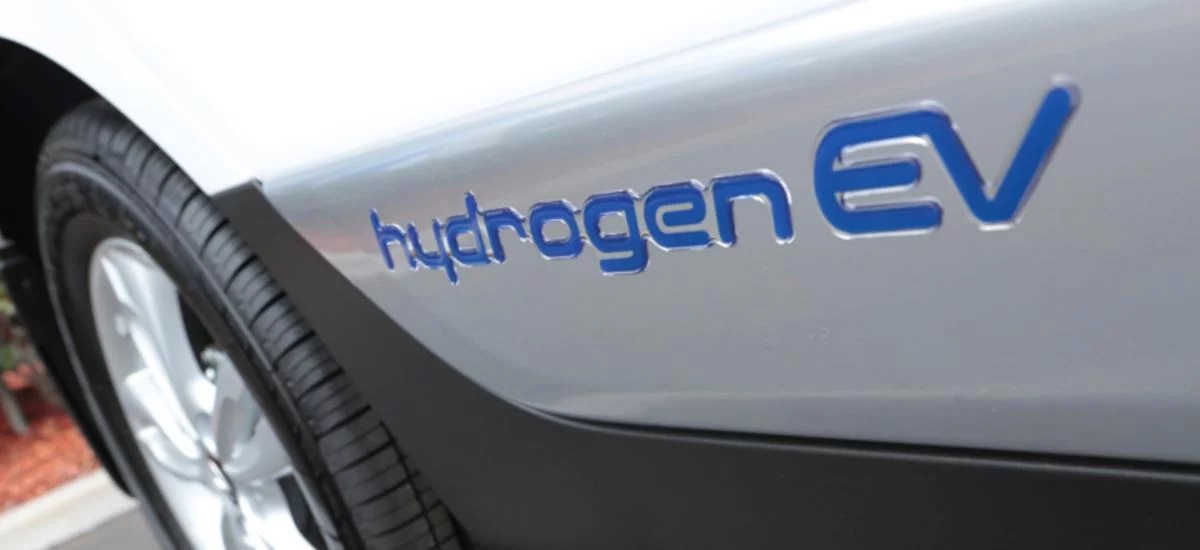Many times, when people talk about the future alternatives for fueling vehicles, they are talking about battery electric vehicles. Recently though there has been more discussion of fuel cell vehicles.
Fuel cell vehicles use hydrogen gas to power an electric motor. Unlike conventional vehicles which run on gasoline or diesel, fuel cell cars and trucks combine hydrogen and oxygen to produce electricity. Since these vehicles are powered entirely by electricity, fuel cell vehicles are considered electric vehicles.
Fuel cells produce electricity from a number of domestic fuels, including hydrogen and renewables. These resources can provide power for virtually anything, from cars and buses to commercial vehicles. Fuel cells utilize hydrogen to produce electricity through a chemical process, without combustion. Honda, Hyundai and Toyota have leased and sold over 6,500 fuel cell vehicles in California. Positive attributes to a fuel cell vehicle include: they are capable of traveling 300-400 miles on a tank of hydrogen; refueling can be done in three to five minutes; these vehicles are three times more energy efficient than conventional vehicles; and they produce no tailpipe pollution except for water vapor.
Heavy duty trucks can also utilize fuel cells to reduce emissions by more than 30 percent and provide reliable vehicles. Several prototypes have been utilized in Southern California, where they serve in short range drayage operations. Future applications include long haul trucking cross country. With long haul trucks, hydrogen cells have a very similar refueling range to refueling with diesel.
Alan Mace, market manager of heavy duty at Ballard Power Systems said, “when it comes to fuel cell technology nothing new needs to be invented; rather work needs to be done on integrating fuel cells into trucks.”
Michael Peters, hydrogen systems researcher, National Renewable Energy Laboratory said, “What I hope for in five years is to see more trucks on the road — in the hundreds or even breaking a thousand at that point. Then from the infrastructure side, I really want to see the U.S. getting connected via hydrogen stations and potentially a cost drop as a result of that momentum.”
No matter what happens, 20 years from now trucking fleets will have more options when it comes to fueling their vehicles.
https://www.fleetowner.com/ideaxchange/hydrogen-fuel-cells-are-another-power-option-trucks-future
http://www.fchea.org/transportation




